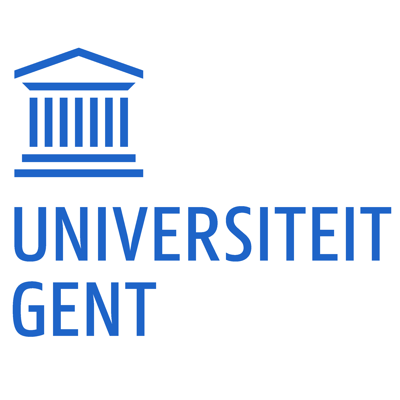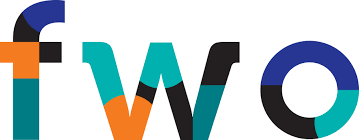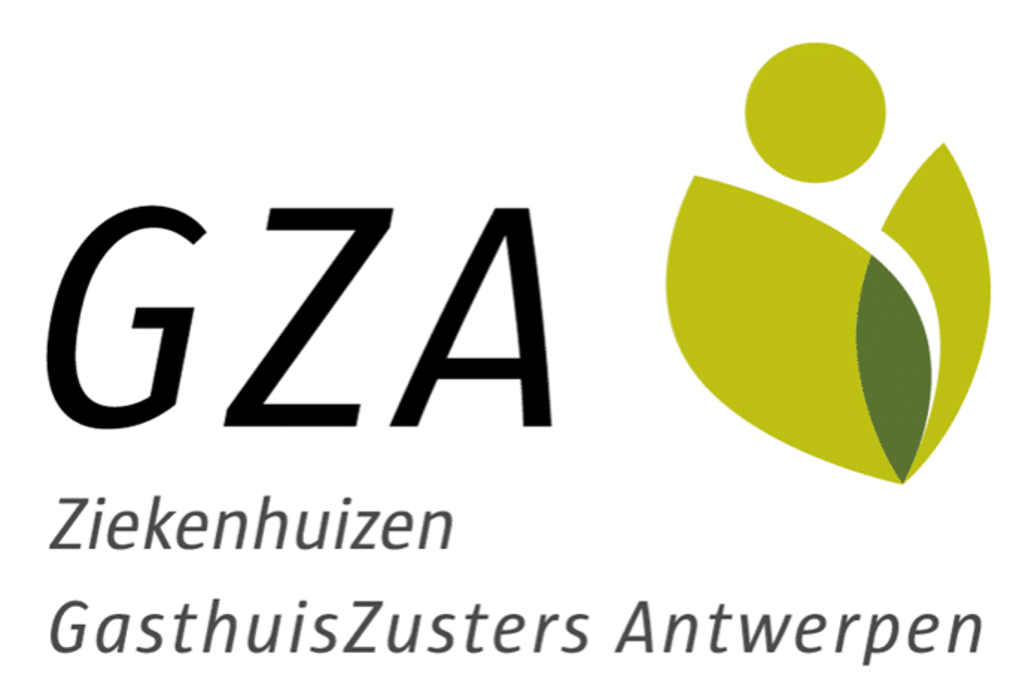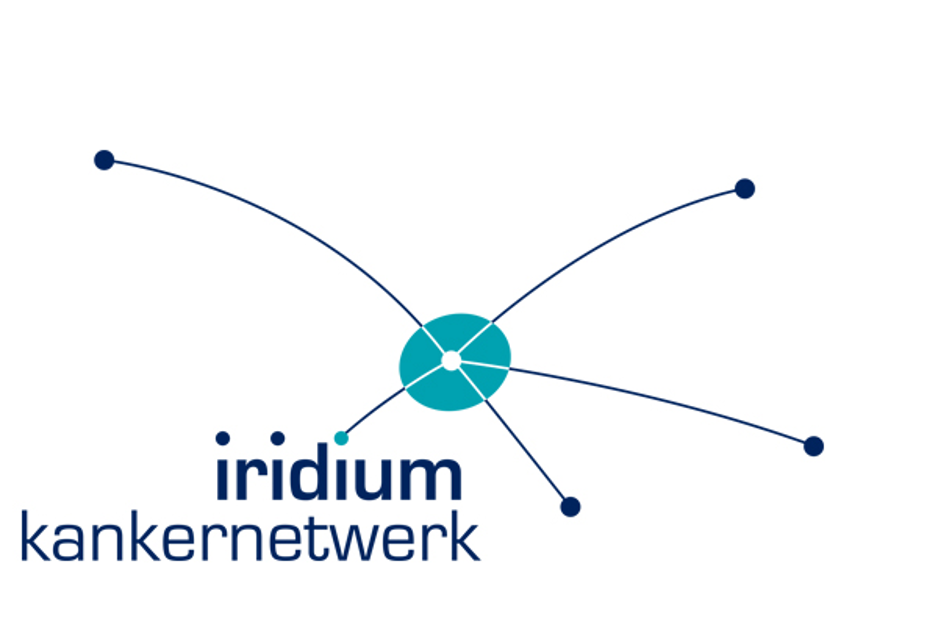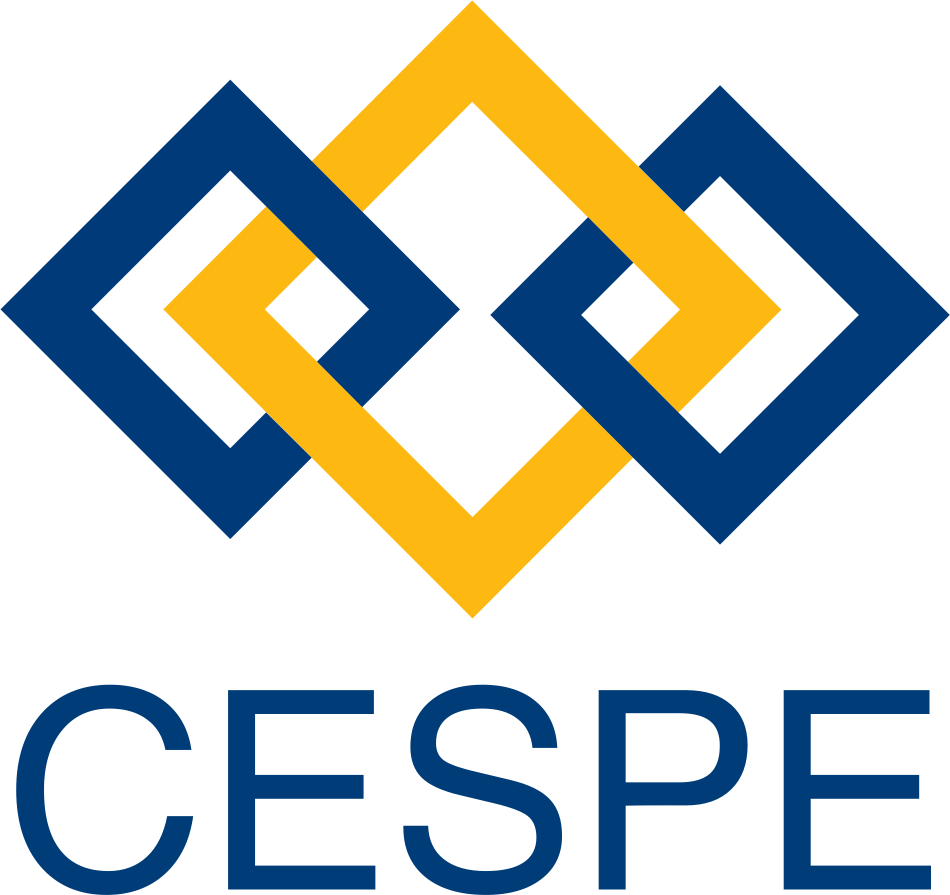
Open Invited track (OIT)
Suggestions for open invited track proposals and speakers/papers are welcome and can be submitted via the PaperCept site https://ifac.papercept.net/conferences/scripts/start.pl
Open invited track sessions should be 5 or more papers presented as either oral presentations or posters. Those proposing open invited track will receive an alphanumeric code which should be shared with those submitting manuscripts for the session. Submission of manuscripts for open invited track will require this code, but otherwise will be peer reviewed as other manuscripts.
Accepted Open Invited Tracks
Title: COVID-19 Pandemic: Modelling, Identification and Control
code: 6112y
Proposers:
Julio E. Normey-Rico, UFSC, Campus Florianopolis, Brazil
Teodoro Alamo, US, Seville
Giulia Giordano, University of Trento, Italy
Abstract: The purpose of this Open Invited Track (OIT) session is to map the current state of the art in the challenging field of Modelling, Identification and Control of the spread infectious diseases, with a special focus on the COVID-19 pandemic. This pandemic has affected our daily lives worldwide and dominated the public discussions and media outlets over the past months. The automatic control community has been very actively contributing to the fight against the spread of the SARS-CoV-2 virus and the COVID-19 disease. This Open Invited Track intends to collect further contributions to this important effort. Topics of interests include (but are not limited to) the following: - theoretical epidemiological models (possibly tailored to the COVID-19 pandemic) - theoretical models of virus-host interaction for SARS-CoV-2 - novel data-driven modeling techniques - predictive control algorithms - robust and adaptive strategies - optimal control strategies - case studies on real data - optimal resource allocation - optimal vaccination plans Papers must contain high-quality original contributions and be prepared in accordance with the IFAC Author Guidelines.
Keywords: Modeling and Control of Biomedical Systems; Biomedical system modeling, simulation and visualization; Decision support and control; Healthcare management, disease control, critical care
Title: Benchmark Challenge Competition Anesthesia Benchmark Simulator for Multiple Drug Dosing Control for Anesthesia and Hemodynamic Variables
code: x2k82
Proposers:
Prof. Antonio Visioli, Brescia University, Italy
Dr. Kristian Soltesz, Lund University, Sweden
Dr. Dana Copot, Ghent University, Belgium
Abstract: We are witnessing a notable rise in the translational use of information technology and control systems engineering tools in clinical practice. Progress in medical science, healthcare and clinical practice is often paired with information technology tools and control expertise of computer-based monitoring. Results in both simulation and clinical trial testing provide evidence that computer based control of anesthesia outperforms to manual dosing techniques. We are at the very beginning of what we call - a new era of personalised medicine - enabled by advances in computer technology and powerful information technology processing tools, in which artificial intelligence tools are prevalent. DYSC research group from Ghent University has developed an Open Source Patient Simulator in Matlab/Simulink to provide the cross-disciplinary community with suitable and accessible tools for systematic analysis of pros- and cons- of various control algorithms for anesthesia (available for download on the conference website https://bms2021.ugent.be/BCC.html ). The release version of the open source simulator is developed with the BIS variable to evaluate depth of anesthesia. However, the simulator can be further updated by the user and extra features can be included. The aim of this OIT is not only developing control strategies for the provided benchmark system but also improvements in terms of updates and extra features (both from control and clinical areas of research). This simulator provides the research community with accessible tools to allow a systematic design, evaluation and comparison of various control algorithms for multi-drug dosing optimization objectives in anesthesia.
Keywords: closed-loop control; computer-based drug management, hemodynamic stabilization, biomedical system modelling, drug delivery
Title: Sensors and methodologies for health monitoring in biomedical applications
code: i2ck1
Proposers:
Dr. Todd J. Freeborn, University of Alabama, United States
Dr. Dana Copot, Ghent University, Belgium
Ir. Mihaela Ghita, Ghent University, Belgium
Abstract: The purpose of this Open Invited Track (OIT) session is to address technological and methodological advances in the field of health monitoring. Robust sensing is critical for supporting health monitoring and advancing data-driven decision making. Advances in this area require research efforts that span sensor development, signal processing algorithms, interoperability between data sources, wearable electronics, inter-connectivity and mathematical modelling. The fusion of these advances for patient monitoring will further identification of physiological changes over time, support remote chronic disease management, enable real-time objective patient state estimation, and support of older adults for independent living (to name a few). This OIT welcomes contributions that advance novel sensor technologies and methodologies for the detection and monitoring of health conditions and physiological processes. Direct and indirect measurement methods to characterize biological tissues in terms of properties and behavior, using frequency and time domain tools, are also invited.
Keywords: physiological measurement technology, sensing methodology, bio-signal processing, biomedical systems modeling, wearable sensors, e-health, impedance spectroscopy measurement techniques, machine learning.
Title: Physiological oriented research in the field of cancer treatment: Tools, Methods and Applications
code: k4w48
Proposers:
Prof. Levente Kovacs, Obuda University, Hungary
Dr. Daniel Drexler, Obuda University, Hungary
Dr. Annelies Coene, Ghent University, Belgium
Ir. Maria Ghita, Ghent University, Belgium
Abstract: According to the latest statistics of the WHO, cancer is the second leading cause of death globally. Research focusing on reducing the gap in cancer cure and control is an interdisciplinary approach that tackles the treatment management for patients with cancer. Treatment can only become more personalized if an accurate, scientifically based decision aid is developed to offer assistance in clinical decision-making in daily practice. We propose the present track that welcomes contributions on theoretical, methodological, and applied aspects of cancer detection, diagnosis, prognosis, and treatment from the engineering community. Furthermore, this invited track will bring together the key challenge and developments arising from personalized medicine in cancer, such as: - Physiologically based mathematical model formulation;
- Identification and validation;
- Biosignal analysis and interpretation;
- Advances in sensing and signal processing;
- Biomedical system modeling;
- Pharmacokinetics, drug delivery, and drug targeting;
- Decision support systems for the control of physiological and clinical variables;
- Impulsive control of physiological systems;
- Robust control of physiological systems;
- Quantification of physiological parameters for diagnosis assessment;
- Targeted molecular therapies;
- Machine learning techniques, imaging techniques;
Keywords: Biomedical system modelling; Pharmacokinetics and drug delivery; Targeted molecular therapies
Title: Applications of artificial intelligence in medicine
code: 8r88n
Proposers:
Prof. Levente Kovacs, Obuda University, Hungary
Dr. Cosmin Copot, Antwerp University, Belgium
Prof. Victor Asanza, Enrique Pelaez, Francis Loayza, Escuela Superior Politecnica del Litoral, ESPOL, Ecuador
Prof. Marco Benalcazar, Escuela Politecnica Nacional, EPN, Ecuador
Prof. Douglas Antonio Plaza Guingla, Escuela Superior Politecnica del Litoral, ESPOL, Ecuador
Prof. Diego Hernan Peluffo-Ordonez, Universite Mohammed VI Polytechnique, Marokko
Abstract: The focus of this Open Invited Track (OIT) session is to address the existing and the near-future technological and methodological advances in the field of medical artificial intelligence (AI). In the last decade, the AI technology had a fast and powerful evolution worldwide in all the sectors from industrial to economical and societal sector. In the Medical and Healthcare sector, AI has a social impact starting with XXI century. The state-of-the-art shows that AI technologies is utilized in medical field ranging from managing medical data, health monitoring, digital consultation to disease diagnostics, medical treatment, drug development and surgical treatment. The AI algorithms in medicine have shown great capabilities to improve the doctors and patients benefits. AI it has already opened the door to completely new paradigms in Medicine and Healthcare where many applications and devices based on advanced AI technologies are already integrated in daily life (e.g. social networks, online commerce and other services). The proposed OIT session aims to exchange ideas on on-going efforts and obstacles encountered by the researchers of the AI community in different medical applications. Furthermore, this invited track will bring together the key challenges, insights, tools and theoretical developments arising from personalized medicine. This OIT welcomes contributions that focus on applying AI techniques to pragmatic clinical procedures and analytical medical informatics, such as (but not limited to): - Drug development;
Keywords: Diagnose diseases; Personalized treatment; Data mining in medicine; Medical signals and image processing techniques; Machine learning-based medical systems;
Rejected Open Invited Tracks
The following OITs have not received the minimum number of paper, hence will not be included in the final program.Title: Modelling Anomalous Diffusion in Biological and Medical Systems
code: yh9sg
Proposers:
Prof. Dumitru BALEANU, Cankaya University, Turkey and Institute of Space Sciences, Bucharest, Romania
Prof. Devendra KUMAR, Department of Mathematics, University of Rajasthan, Jaipur, India
Prof. Clara Mihaela IONESCU, Ghent University, Belgium
Abstract: In this session we invite contributions from all areas, but with prevalence of modelling anomalous diffusion observed in biological and in medical applications. Anomalous diffusion properties in heterogeneous materials and tissues, as well as memory effects leading to molecules accumulations are particularly welcomed. A major area of anomalous diffusion dynamics can be linked to fractal kinetics, drug tissue uptake and clearance and drug accumulation over time leading to over-dosing and related side-effects. Fractional order differ-integral models for anomalous diffusion problems are of major interest, while keeping in mind their direct applicability to model real data/ experimental data. We also welcome model formulation with immediate deployment, i.e. stable and efficient numerical implementations. If possible, software support is greatly appreciated, e;g. link to software platform open access such as Mathematica, Maple or Mathworks File Exchange. We acknowledge the fact that there is a well established community in this sense from mathematics point of view, and we want to use this special track as to encourage dissemination thereof and cross-fertilisation of bio-medical and fractal concepts.
Keywords: Biomedical system modelling; Pharmacokinetics and drug delivery; Kinetic modelling and control of biological systems
Title: Manufacturing industry: modelling, control and applications
code: twt7c
Proposers:
Prof. Joris Thybaut, Ghent University, Belgium
Prof. Elena Torfs, Ghent University, Belgium
Dr. Dana Copot, Ghent University, Belgium
Abstract: The aim of this open invited track (OIT) is to address the latest development, challenges, and gaps in the manufacturing industry. This session encourages submission of research papers in the field of pharmaceutical and chemical process modelling and control. We invite the researchers active in the field to submit their latest research development in terms of challenges and successes associated with the development and implementation of control strategies (both classical and advanced methods). This session aims to bring together experts to exchange developments of modelling and control methodologies for process control. The OIT encourages high-quality submissions from both academia and industry working in the field process control to discuss issues related to development of the theory and methodology for modelling, identification, and control.
Keywords: process control, pharmaceutical processes, modelling, production optimization in pharmaceutical industry; manufacturing and quality assessment,
Title: Advanced modelling enabling pharmaceutical manufacturing
code: xgs7u
Proposers:
Dr. Ashish Kumar, Ghent University, Belgium
Dr. Michael Ghijs, Division of Janssen Pharmaceutica, Johnson & Johnson, Belgium
Abstract: The current transition of the pharmaceutical industry to continuous production and quality-by-design paradigms requires the development of an abundance of advanced pharmaceutical process modelling. In manufacturing of oral solid dosage forms, these modelling studies currently target the gap in process understanding that burdens swift process development, whereas the models are being developed for a.o. model-based process optimisation and design. Owing to these benefits, modelling for batch processing has also obtained increased attention. This Open Invited Track (OIT) invites contributions in the field of first-principles, mechanistic and data-driven modelling of operations that are part of a pharmaceutical production process. Researchers of modelling that supports the understanding of direct compression, dry and wet granulation pathways for OSD production are welcome to submit in this track. This OIT is for them a platform to share novelties, challenges and successes in model building, calibration, validation, analysis and application.
Keywords: Model formulation; Pharmaceutical processes; Production optimization in pharmaceutical industry Title: Dead-time in pharmaceutics and biomedicine systems
code: cb47x
Proposers:
Prof. Julio E. Normey-Rico, UFSC, Campus Florianopolis, Brazil
Prof. Valter J. S. Leite, CEFET-MG, Brazil
Abstract: The purpose of this Open Invited Track (OIT) session is to map the current state-of-the-art in the challenging field of dead-time modeling and dead-time control strategies in pharmaceutics and biomedicine systems. This is motivated by the increasing role of control systems technology in advancing the state of the art in these domains, where many processes exhibit dead times. Topics of common interests include (but are not limited to) the following:
- theoretical and implementation challenges which arise in medical systems when dealing with closed-loop strategies; - the role of control algorithms in drug delivery systems and treatment management; - novel data-driven modeling techniques capturing the dead-time dynamics of biomedical systems; - dead-time control schemes; robust and adaptive strategies; - case studies on real data; - application areas in healthcare and medical systems, such as (not limited): assistive devices and therapeutics in medical rehabilitation, cancer, anesthesia, diabetes; - applications in pharmaceutical sciences and drug development; - applications in non-invasive diagnostic and monitoring devices (including development, validation, comparisons)
Keywords: Biological systems and controls; Biomedical system modelling; Decision support systems for the control of physiological and clinical variables
